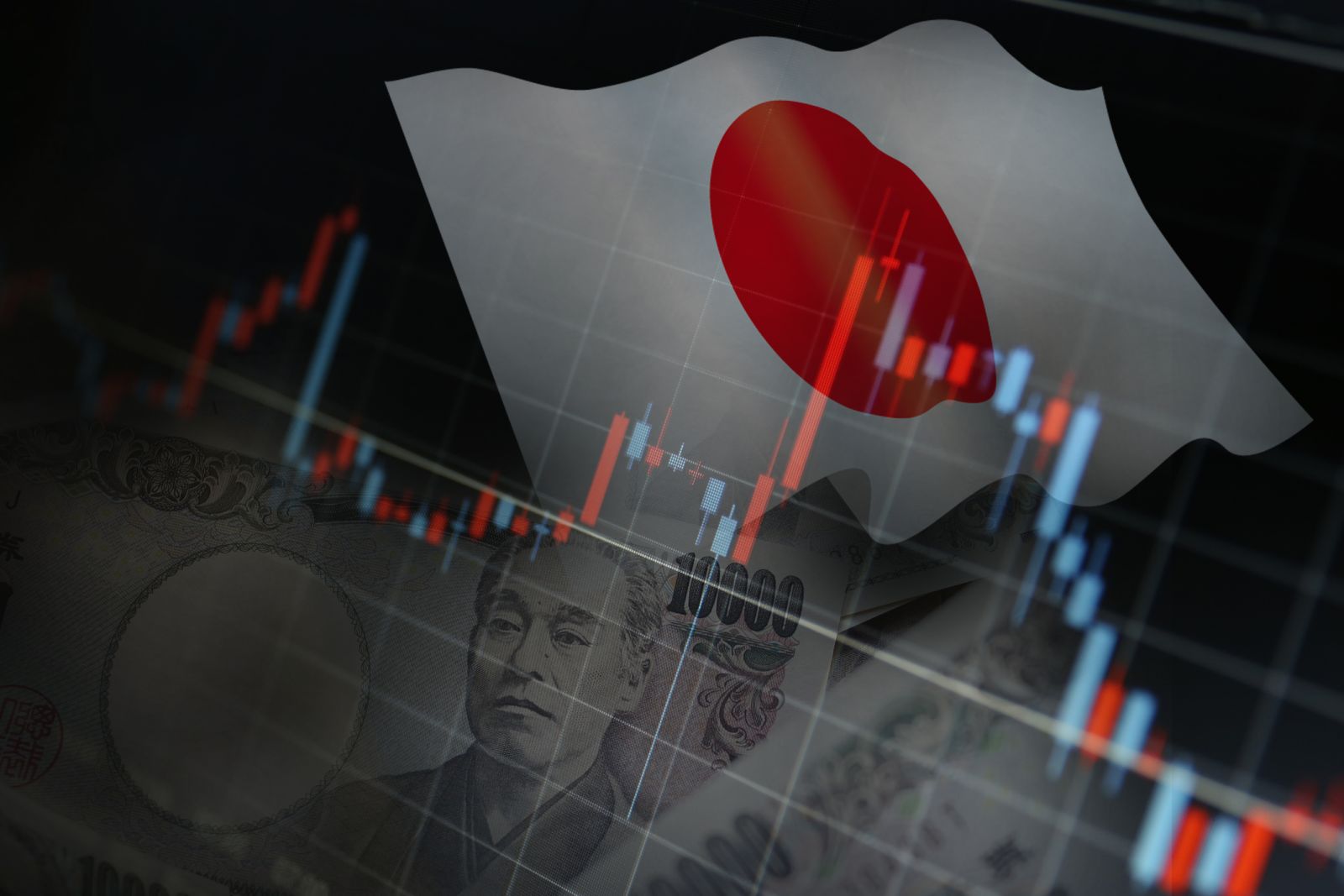
In mid-June, Warren Buffett’s holding company, Berkshire Hathaway (BRK.B), confirmed that it had increased its ownership stake in the top five Japanese trading houses to 8.5%.
Ultimately, it plans to increase its stake for each of Itochu (ITOCY), Marubeni (MARUY), Mitsubishi Corp. (MSBHF), Mitsui & Co. (MITSY), and Sumitomo (SSUMY) to 9.9%. Together, the five companies have a market cap of $245.2 billion, about one-third the size of Berkshire Hathaway.
There’s no question that investors are taking a closer look at Japan because of the Oracle of Omaha’s push. However, it’s not the only reason retail investors should consider Japanese stocks for their portfolios.
One of Korea’s Best Fund Managers Shifts to Japan
Bloomberg recently reported that Seoul-based portfolio manager Julia Yoo, who co-manages Midas International Asset Management’s Asia Leaders Growth Fund, which beat 99% of its peers over the past five years by investing heavily in China, has shifted her focus to Japan.
“The fund reduced the China portion of its portfolio to 19% as of the end of May, from 28% at the end of 2022. That compares with its Japan exposure that grew to 45% from 40% during the five-month period,” Bloomberg reported.
The asset manager believes that consumer spending in Japan could accelerate as the country returns to normal after the pandemic. Companies Yoo’s fund invests in include Fast Retailing (FRCOY), the parent of Uniqlo, and Asics (ASCCY), the running shoe company.
She’s also big on technology stocks in the country. Two names are Advantest (ATEYY), a provider of AI-powered software for semiconductor wafer test yields, and Fanuc (FANUY), which provides automation solutions such as robotics, etc. Its largest Japanese holding is Keyence (KYCCF), a maker of sensors, measuring instruments, etc.
“The momentum isn’t going to end in the short term,” Bloomberg reported the fund manager’s comments. “Japan’s rally isn’t overdone.”
Stocks Still Relatively Cheap
In early June, Japanese stocks hit a 33-year high. Nonetheless, many Japanese companies are trading below book value and with lots of cash, despite the big run in share prices.
Zennor Asset Management portfolio manager David Mitchinson manages the Zennor Japan Fund in the United Kingdom with James Salter. The fund has net assets of $312 million. It invests in Japanese companies that trade significantly below their intrinsic value with tremendous upside potential through one or more catalysts.
Mitchinson wrote a commentary on Portfolio-Advisor.com in late May that discussed Japan’s attractiveness.
“Companies in Japan have hoarded capital during the last 20 years and their balance sheets have lots of non-core assets,” Mitchinson wrote on May 30.
“Firms have only reluctantly shared this with shareholders and although dividend growth and buybacks have been impressive over recent years they have not kept pace with the rate of cash accumulation. This is quite unlike the US or Europe.”
He argues that many Japanese businesses have too many assets, given their revenues, profitability, etc., and ought to sell off non-core assets to reduce the cost of capital.
“The simple solution is to stop growing their assets by sharply increasing dividends and by committing to sell assets, and return excess capital to shareholders,” Mitchinson writes.
“This would reduce the size of the balance sheet, driving down the cost of capital and pushing RoE higher. This is seen at Dai Nippon Printing, which has agreed to sell billions in excess assets and return them to shareholders.”
As Mitchinson puts it, capital allocation is becoming the key issue for publicly traded companies in Japan. This presents an opportunity for U.S. investors willing to go beyond their borders.
Over-the-Counter Is Too Messy
It’s easier for Warren Buffett to buy Japanese stocks. That’s because virtually all of the names in this article aren’t listed on a U.S. stock exchange, so you’ve got to go over-the-counter, where volumes are often very low or non-existent.
ETFs present the simplest option.
One of the original Japan ETFs launched in the U.S. is the WisdomTree Japan Hedged Equity Fund (DXJ). It got its start in June 2006. It now has $2.6 billion in net assets. However, the largest and possibly the oldest is the iShares MSCI Japan ETF (EWJ). It started in March 1996 with $13.1 billion in net assets.
The big difference between the two is that DXJ hedges against fluctuations in the Japanese yen to neutralize the effects of currency. As a result, it’s up 29.3% year-to-date compared to 12.5% for EWJ.
When you buy a hedged ETF like DXJ, there will be times when you win, such as 2023, and times you lose. You play the hedge to eliminate one headache from the investing equation. Most risk-averse investors are better off with DXJ, although EWJ is a fine ETF.
All five of Buffett’s trading house investments are held in DXJ’s top 20 holdings. WisdomTree’s ETF has all of the Japanese stocks mentioned in this article. Except for Asics, they’re all in the top 50 holdings.
Buffett’s already made a boatload of his Japanese adventure that started in 2020. I expect he’ll make a lot more over the next three years.
Govern yourself accordingly.
On the date of publication, Will Ashworth did not have (either directly or indirectly) positions in any of the securities mentioned in this article. All information and data in this article is solely for informational purposes. For more information please view the Barchart Disclosure Policy here.







